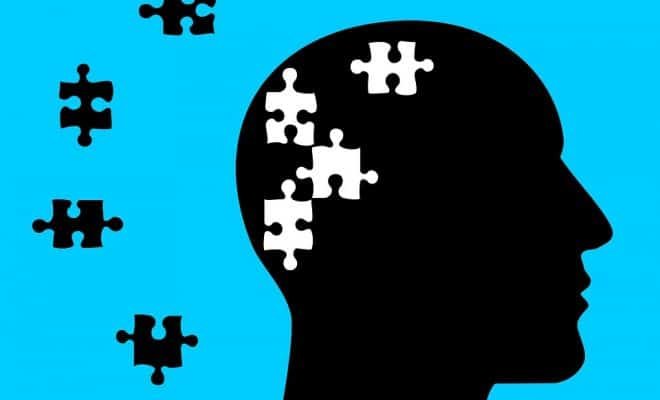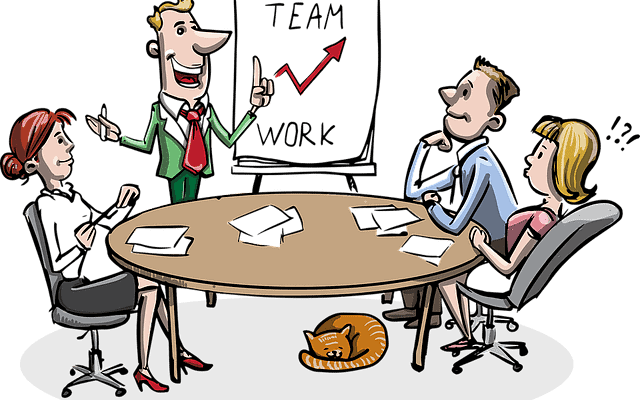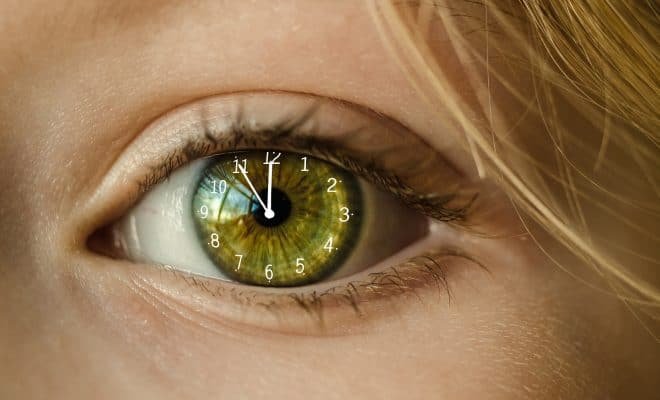PTSD: Class is in Session

PTSD affects 3.5 percent of Americans every year, which is roughly over 11,630,00 people. The disorder is commonly known as “shell-shock” or “combat fatigue”. It has a stigma surrounding it that falsely assumes only certain groups of people can suffer from it. PTSD, like every other health disorder, does not discriminate.
Combat veterans are the first group that comes to mind. The disorder can develop at any age. Children can suffer from PTSD, contrary to popular belief. People of all sexual orientations and genders who have encountered serious events (like physical or sexual assault, disasters, war, and death) are prone to enduring PTSD symptoms for years afterward. The flight-fight-freeze-dissociate feeling may not dissipate after the dangerous event has long since passed.
PTSD is the brain’s solution to help the person live through the event, even if they only witnessed it. The brain goes, “whoa, this is a lot to process, and there’s not much time; we have to act right now!” and puts a temporary stop to creating memories. Think of a broken cassette tape, and for the younger generations, think of a spotty Wi-fi connection. You’ll get bits and pieces, but you won’t get the whole picture. It’s what’s known as pattern-separation.
According to the Holy Bible of Psychology, PTSD develops after witnessing an upsetting and traumatic event. People can have firsthand experience, like living with an abusive relative or partner. It can be secondhand, like receiving news about a close family member or friend’s sudden death. Symptoms can develop within three months of the event or years after. Additionally, they must last for at least a month for them to be diagnosed.
Anxiety and depression are parts of the PTSD umbrella that can show up in varying degrees. Some individuals relive memories of the tragic event through flashbacks and nightmares. People may react by avoiding areas or things that remind them of the event. They can startle easily, be “on edge”, feel disconnected from others, or lash out in angry outbursts.
For anyone who seeks assistance, therapy is always a good start. 7cups is an excellent platform to begin with. Trained listeners will offer assistance at no cost to you, and online therapy with licensed therapists is also provided. Betterhelp is another online therapy site hosting licensed professionals for adults, teens, and couples. A support system of trusted family and friends will help encourage those in recovery and can remind them that healing is not linear. Joining a local support group, pursuing various relaxation techniques, dancing to music, and engaging with nature can help recovery.
Remember, there is strength in reaching out for help.









